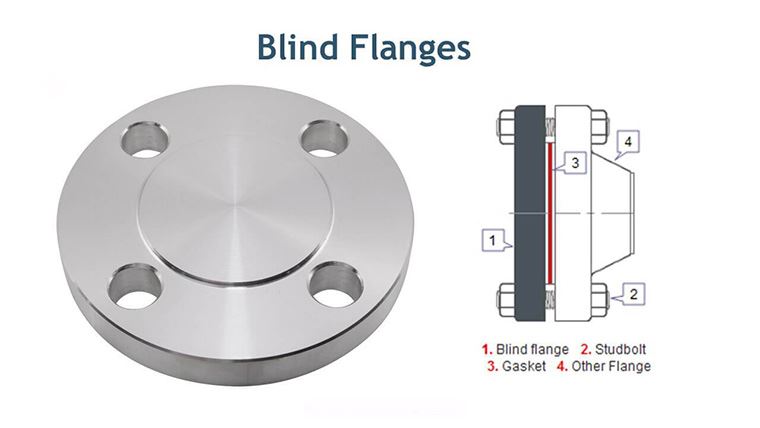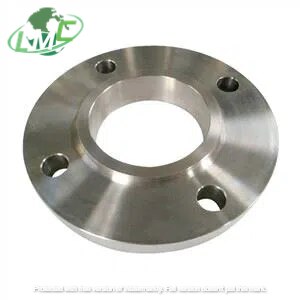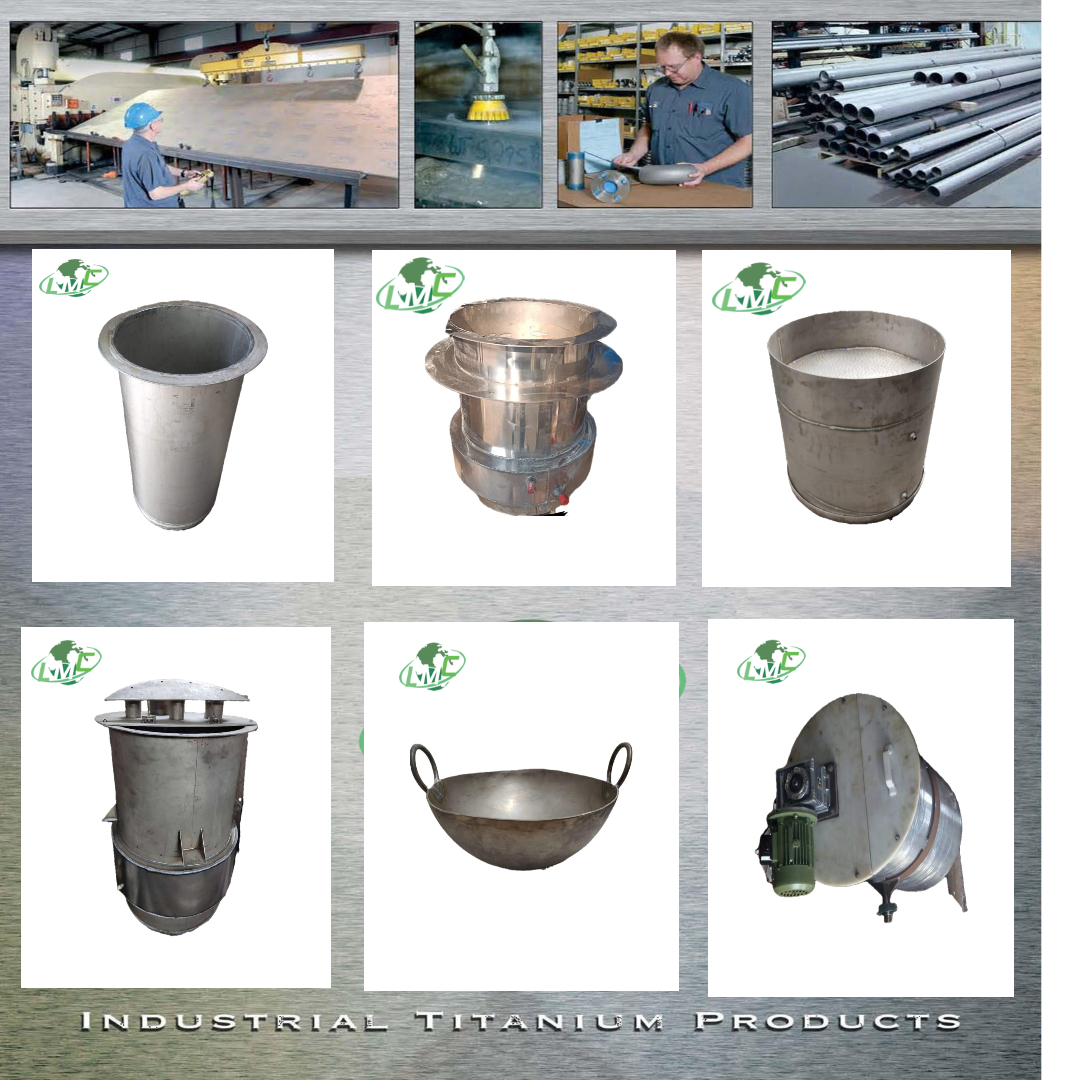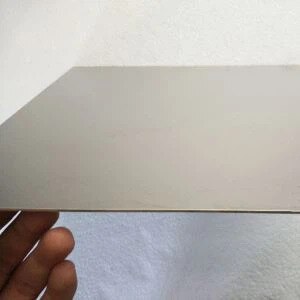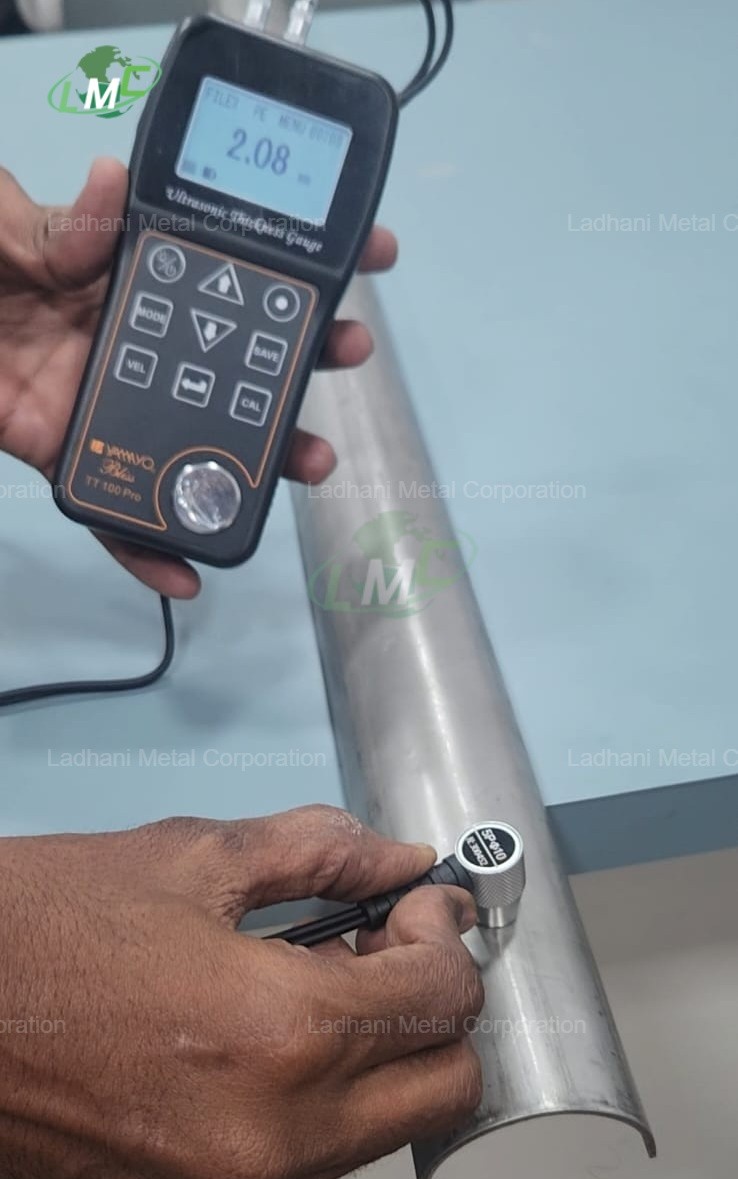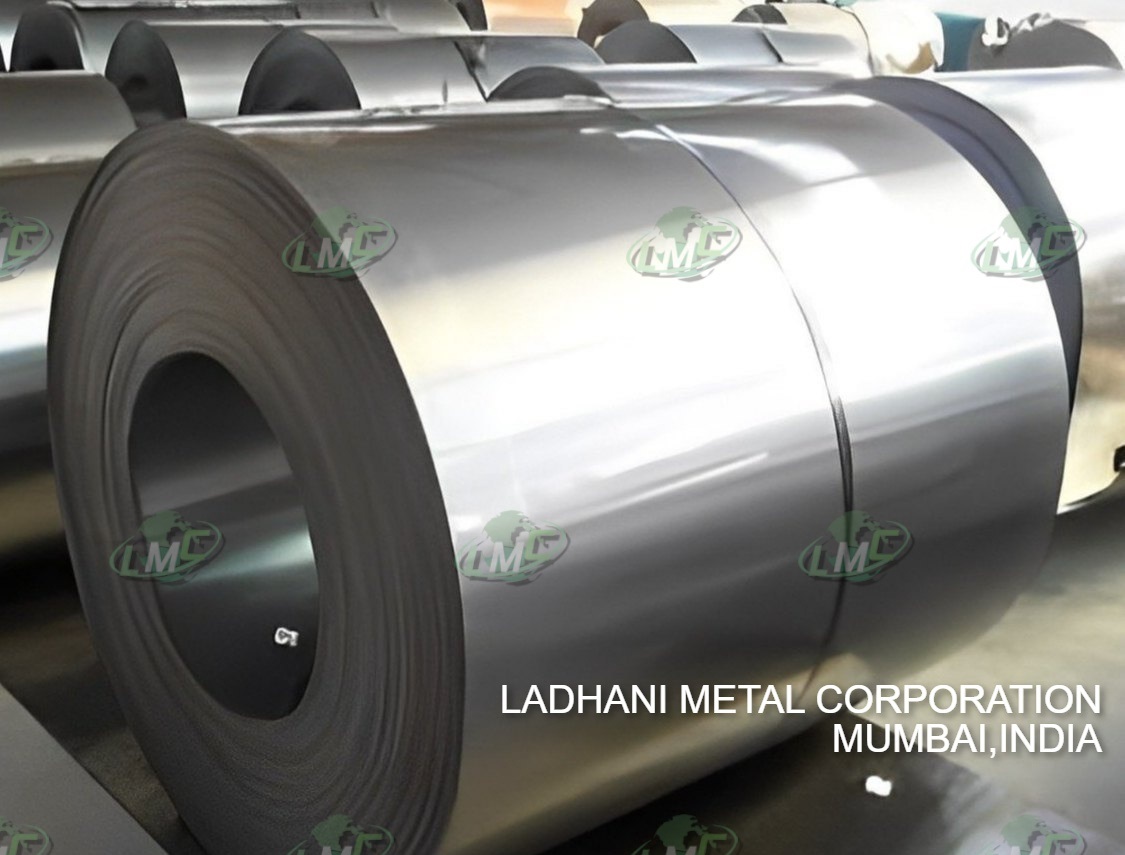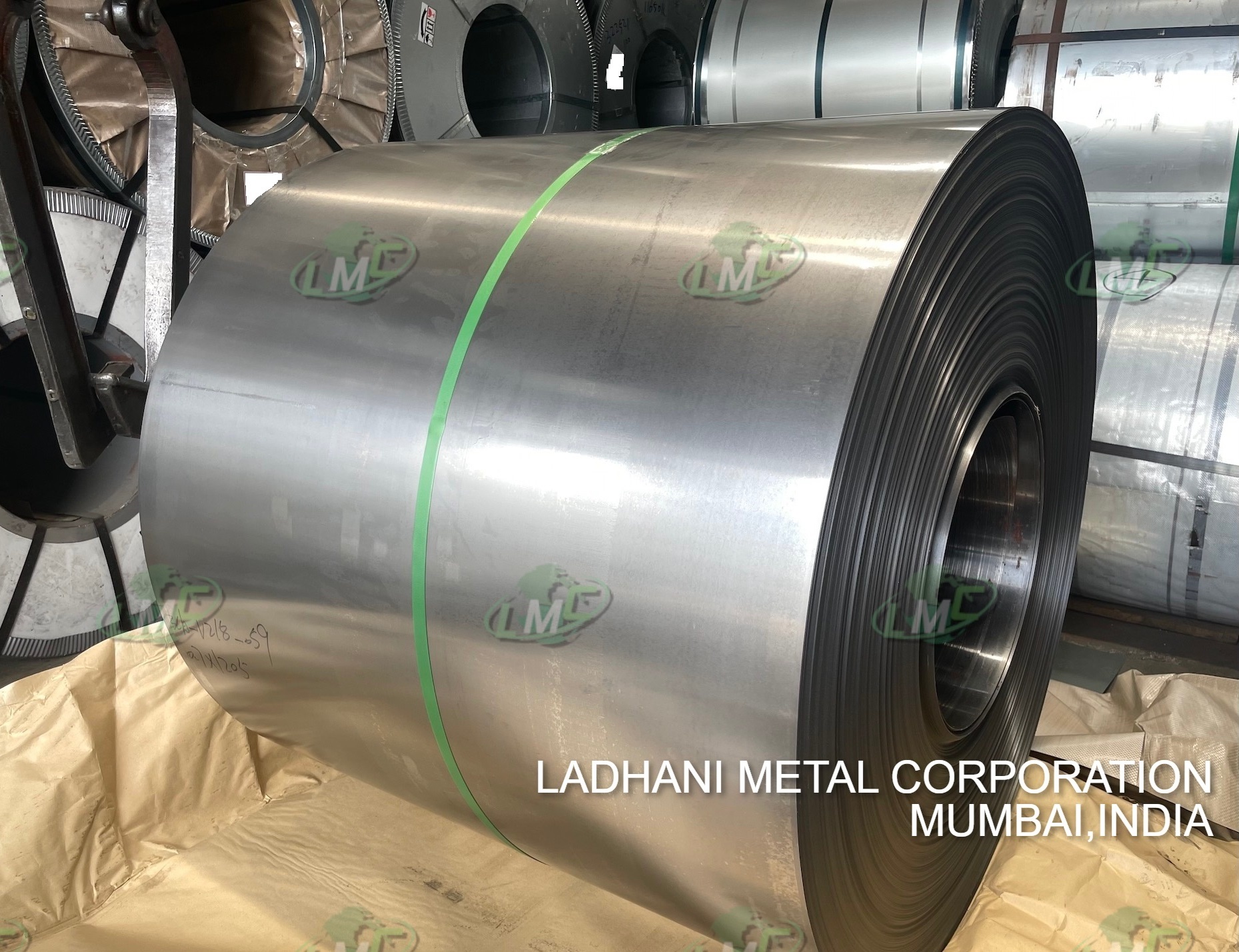split pins
Ladhani Metal Corporation offers premium DIN 94 Aluminium Alloy products, meticulously manufactured to meet the highest industry standards. In compliance with DIN 94, a globally recognized standard for aluminium alloys, these materials provide superior strength, light weight, and corrosion resistance. Ideal for a wide range of applications, including automotive, aerospace, construction, and industrial machinery.
Key Features:
Lightweight and Strong: Known for its excellent strength-to-weight ratio, aluminium alloy is significantly lighter than steel but provides comparable or superior strength in many applications. It offers exceptional mechanical properties, including tensile strength, yield strength, and hardness, while remaining much lighter than other metals, making it ideal for applications where weight reduction is crucial, such as in the aerospace and automotive industries.
Corrosion Resistance: it is resistant to corrosion. The alloy naturally forms an oxide layer on its surface, providing a protective barrier that resists oxidation. This makes it highly suitable for use in marine, coastal, and other harsh environments where exposure to moisture and chemicals can be a concern.
Excellent Machinability and Formability: It offers good weldability, along with the ability to be extruded, forged, and shaped into complex forms, making it a versatile material for manufacturers across various sectors. The alloy can be easily processed into sheets, plates, rods, and bars, enabling its use in numerous production techniques.
Thermal and Electrical Conductivity: Aluminium alloys are known for their high thermal and electrical conductivity. It is ideal for applications that require effective heat dissipation or electrical conductivity, such as in electrical components, heat exchangers, and radiators.
Applications:
Automotive: Components such as engine parts, wheels, frames, and body panels where weight reduction is a priority without compromising strength.
Aerospace: Structural components, wing sections, and fuselage parts, benefiting from the alloy's lightweight and high-strength properties.
Marine: Used in boat hulls, ship parts, and offshore structures due to its excellent resistance to corrosion in saltwater environments.
Construction and Engineering: Aluminium alloy is used for window frames, roofing, structural beams, and other architectural elements, benefiting from its strength and weather-resistant properties.
Our Domestic reach is unlimited and we supply to this following cities Ahmedabad, Amritsar, Aurangabad, Bangalore, Bhopal, Chandigarh, Chennai, Coimbatore, Dhanbad, Faridabad, Ghaziabad, Guwahati, Gwalior, Howrah, Hyderabad, Indore, Jabalpur, Jaipur, Jodhpur, Kanpur, Kolkata, Kota, Lucknow, Ludhiana, Madurai, Meerut, Mumbai, Nagpur, Nashik, Navi Mumbai, New Delhi, Patna, Pune, Raipur, Rajkot, Ranchi, Solapur, Srinagar, Surat, Thane, Vadodara, Varanasi, Vijayawada, Visakhapatnam, Hubballi, Tiruchirappalli, Bareilly, Moradabad, Mysore, Gurgaon, Aligarh, Jalandhar, Bhubaneswar
We export to following Countries:
Russia, Canada, United States, China, Brazil, Australia, Argentina, Kazakhstan, Algeria, Denmark, Saudi Arabia, Mexico, Indonesia, Iran, Mongolia, Peru, South Africa, Colombia, Ethiopia, Bolivia, Egypt, Venezuela, Turkey, Chile, Myanmar, France, Ukraine, Madagascar, Botswana, Kenya, Thailand, Spain, Sweden, Uzbekistan, Morocco, Paraguay, Zimbabwe, Norway, Japan, Germany, Republic of the Congo, Finland, Vietnam, Malaysia, Poland, Oman, Italy, Philippines, Ecuador, New Zealand, United Kingdom, Guinea, Uganda, Nepal, Bangladesh
Send Message

